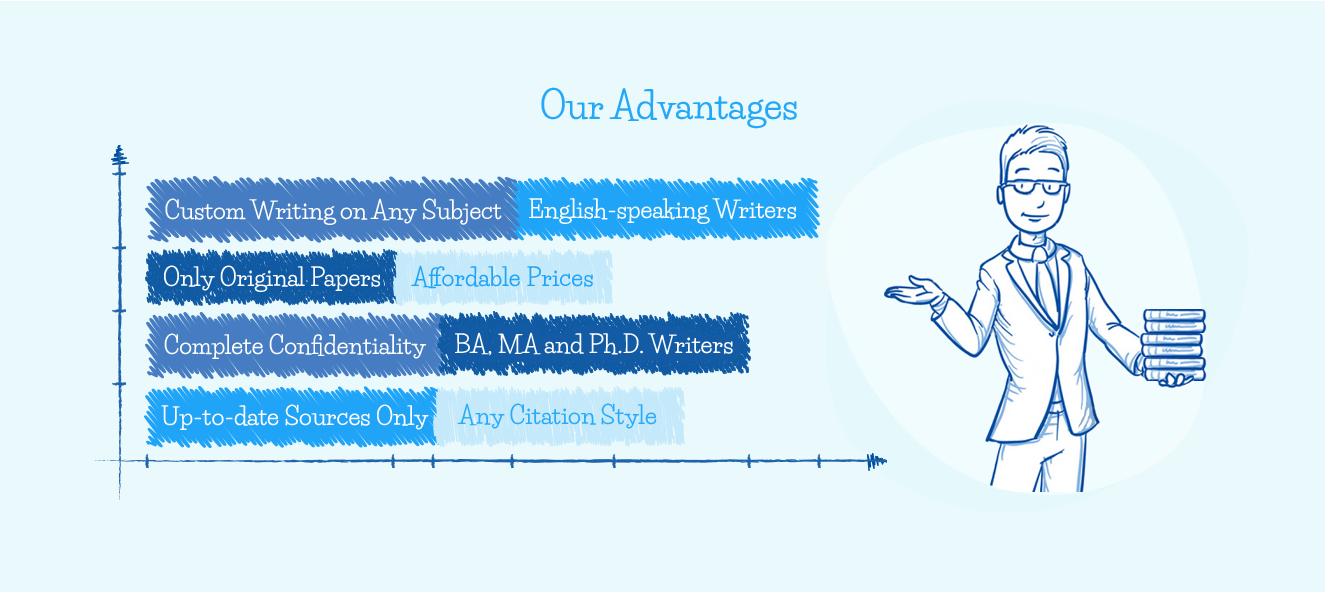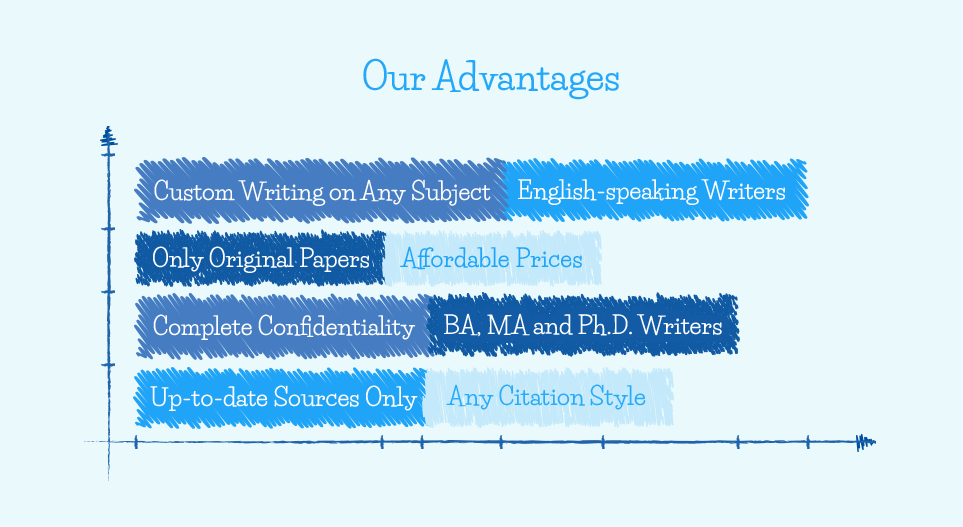African Union
The advancement of globalization processes in the modern world results in the unification of separate states into organizations, which generally intend to improve the economic and political efficiency of countries. Such processes take place on every continent, and Africa is not an exception. States located on the African continent are united to improve their overall level of development and that of the continent in general and advance processes of integration among all countries. The organization is called the African Union. The overview of its political, economic, health, ecological, and demographic challenges will enable us to the suggestion of possible solutions to these issues.
Historical Background and Purpose
Therefore, the primary goals of the African Union included the intention to increase the integration and consolidation levels, improve national operation efficiency, increase the African continent’s role in the world arena, and overcome numerous challenges (The African Union Commission, n.d.). In addition, the Union has defined a list with fourteen objectives shaping the course of its operation and including such goals as promoting common values and rights of the Africans, investing in research in various fields, facilitating sustainable development in all areas of state activity, and promoting peace (The African Union Commission, n.d.). Therefore, these goals are primary because they are intended to improve the quality of life of people, increase the position of African countries in the world, and develop member states in all fields.
Structure and Function
The African Union is a continental organization since it consists of fifty-five states located on the African continent. Its headquarters are located in Addis Ababa in Ethiopia (The African Union Commission, n.d.). The budget is formed by contributions of member states, and such form of funding matters because it serves as one of the means of the unification of countries within the Union. As for its structure, the African Union consists of eleven bodies with numerous committees within most of them, and each has its specification (The African Union Commission, n.d.). The African Union Assembly makes all major decisions that pertain to member states. Besides, it is the most important structural constituent of the organization, which gathers semi-annually and consists of its member states’ government heads. Besides, it has extensive rights, including the privilege to impose sanctions on countries that do not contribute to the common fund of the Union (Udombana, 2002, p. 8). However, such rights are rather discriminatory because not all African states can provide the necessary funding.
Therefore, the financing of the African Union is carried out by the governments of member states. Meanwhile, decisions made by the Assembly are implemented by countries and the African Union Commission, another organization’s body that manages the Union on the daily basis (The African Union Commission, n.d.). Apart from that, the Commission prepares and elaborates plans for further development of the African Union, which are subject to review and confirmation by the Executive Council (The African Union Commission, n.d.). Overall, the structure of the organization is rather complicated and consists of numerous delegates from member states.
Problems and Challenges
The list of problems that the African Union needs to solve is rather extensive and includes issues faced by its member states. These challenges may be classified into the following groups: health (AIDS and malaria), political (the presence of regimes and the ongoing civil wars), economic (a large percentage of the poor), and ecological (the desertification of the territory of some countries). Besides, the Union needs to deal with the consequences of the Libyan War that ended in 2011, since many people are living in poverty (Ayittey, 2016). Finally, the organization is dealing with the problem of the need for international relations intensification, economic development of countries, the creation of the Union government, and the emergence of the United States of Africa as an innovative form of cooperation (Ayittey, 2016). Overall, it may be concluded that these problems are extremely serious because they do not only pertain to politics and political relations among countries, but also millions of people living in poverty in member states of the African Union.
Evaluation of Response to a Challenge
The African Union has numerous challenges, which mainly consist of separate problems of member states. However, the organization needs to face some other serious issues. Ayittey (2016) suggests that the African Union will no longer be able to exist because it is not an authentic structure, but rather a “caricature.” Apart from that, the author suggests that it is too weak and excessively centralized, as well as does not operate as efficiently as it is supposed to (Ayittey, 2016). Thus, the issue requires some changes to be made to solve the problem.
Union’s inefficiency is suggested to relate to its fundamental principles, operation, and admittance. Specifically, any African country can freely join the organization, no matter what its economic situation is or what efforts it takes to overcome difficulties. From this perspective, the African Union has an admittance procedure, which is different from that of the EU, although it has turned out to be ineffective because the weak economies of developing states require too many efforts made by other members (Ayittey, 2016). Therefore, the Union has not set certain requirements for applicants to be admitted, and it has adverse effects on the organization’s overall efficiency.
In addition, the operations of the African Union are too centralized (Ayittey, 2016). Decision-making rights are delegated to the Commission, and member states do not have enough authority to impact this process (Ayittey, 2016). However, such strong centralization is ineffective when ethnic diversity is so significant and so many details need to be considered.
Despite the apparent inefficiency of such organizational structure and centralization, the African Union has not taken any efforts to improve the situation for almost two decades of its existence (Ayittey, 2016). Throughout this time, the organization did not make any changes in its operation, and no suggestions were offered during summits. Therefore, all other problems that the African Union has to face will be hard or impossible to solve without qualitative alterations to the Union itself and the incorporation of ethical and cultural specifications of people living on the African continent.
How it works
Step 1
Visit our website and go to the order formStep 2
Fill in specific essay details in your order description sectionStep 3
Pay for your custom essay and get your order verifiedStep 4
Process of writing your academic assignmentStep 5
Editing and anti-plagiarism checkStep 6
On-time delivery of an already written essaySuggestions for Improvement
For the African Union to solve the issues that it has, it should start by fixing the problems of its organizational structure and then solving all other challenges. However, since it has been identified that the core issue of the organization is its organizational structure and the form of functioning, the following suggestions will pertain to this problem rather than all other ones. First of all, the Union should impose certain requirements for the current member states and several others that have not entered it yet. These should relate to the degree of economic development because the less developed a state is, the more attention and resources all other members will have to devote. Countries can meet such requirements by asking for advice from developed states of Europe and the United States, as well as money from the International Monetary Fund. At the same time, efforts need to be taken to eliminate bribery to use all investments to improve the infrastructure and the overall quality of life of people.
Secondly, the African Union needs to decrease the level of its centralization by delegating more rights to bodies other than the Commission alone. Apart from that, member states should be allowed to make a greater impact on the process of developing strategies and programs within the organization because in this case, they will be able to make suggestions with the consideration of the ethnic specification of the Union’s populations.
Conclusion
The African Union requires major changes that can make it more efficient. They include imposing requirements for member states and decentralizing operations. Although they may be hard to make because of their extent, they are likely to be effective. The reason is that the African Union needs to start being different from the European Union because it is different and because the organization must be less centralized to allow more ethnic specification of member states. By implementing these suggestions, the African Union will be able to improve its efficiency and meet its objectives.

















